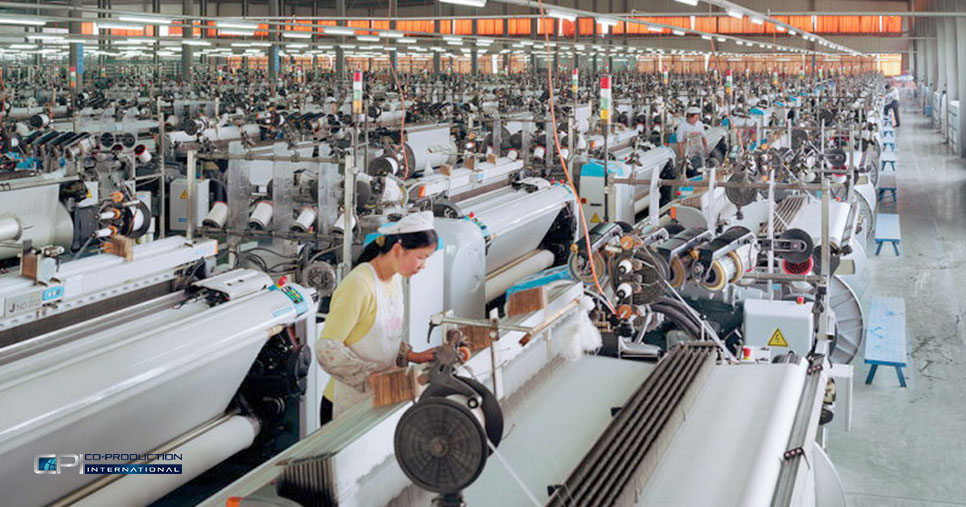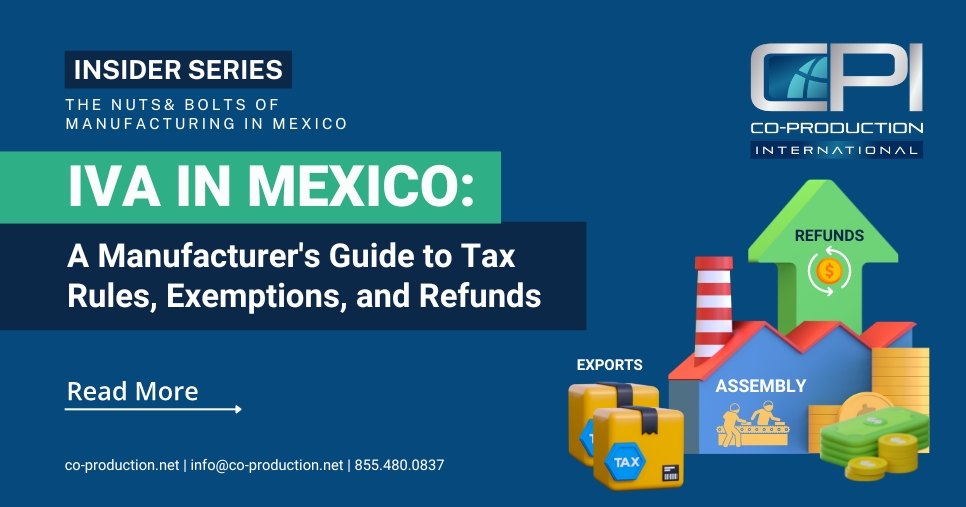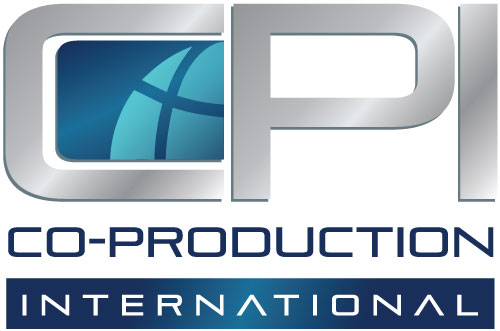July 1, 2020 marks the date the United States-Mexico-Canada Agreement (USMCA) goes into effect. After the successful twenty-six year run of NAFTA, the three North American countries sought to modernize the agreement and bring it up to date with our times.
In addition to adding provisions for technologies that didn’t exist in the previous agreement, there are also changes to some industry sectors like automotive manufacturing, textiles, and agriculture.
Negotiators for the USMCA also strengthened environmental protections and labor standards making this new agreement a true pact for the 21st century. To celebrate, Mexico’s President Andres Manuel Lopez Obrador will meet with U.S. President Trump at the White House on July 8th. This will be President Lopez Obrador’s first foreign trip since being elected in December 2018, reinforcing the importance of the USMCA for our mutual economies.
“I look forward to welcoming President Andres Manuel Lopez Obrador of Mexico to the White House on July 8, 2020, to continue our important dialogue on trade, health and other issues central to our regional prosperity and security,” Trump said in a statement.
There are some major updates and differences between NAFTA and USMCA, here are some highlights:
Change in Auto Industry Rules
- Under the previous NAFTA, cars had to have 62.5% regional value content (RVC), meaning for a car to be sold in North America it had to contain 62.5% parts from North America. If it did not it would be subject to tariffs. Under the new USMCA the RVC has been increased to 75%.
- Additionally, new to the USMCA is a labor value content rule (LVC) dictating that 40-45% of the components of the car need to be made by workers averaging $16 dollars an hour. While being simply described in headlines as enforcing a dramatic new minimum wage on Mexican auto workers, it is in fact an average wage taken from every employee on the floor including managers, engineers and others high wage earners, not just the assembly line workers. This may make it easier to meet the $16 dollars an hour average wage while applying some pressure to make Mexican auto workers’ wages more commiserate with its North American counterparts.
Learn more or download our fact sheet on Mexico’s automotive and auto parts manufacturing industries.
De Minimis Shipment Values
- To facilitate greater cross-border trade, the United States has reached an agreement with Mexico and Canada to raise their de minimis shipment value levels. Canada will raise its de minimis level for the first time in decades, from C$20 to C$40 for taxes. Canada will also provide for duty free shipments up to C$150. Mexico will continue to provide USD $50 tax free de minimis and also provide duty free shipments up to the equivalent level of USD $117. Shipment values up to these levels would enter with minimal formal entry procedures, making it easier for more businesses, especially small- and medium-sized ones, to be a part of cross-border trade. Canada will also allow a period of 90 days after entry for the importer to make payment of taxes.
- Increasing the de minimis level with key trading partners like Mexico and Canada is a significant outcome for United States small- and medium-sized enterprises (SMEs). These SMEs often lack resources to pay customs duties and taxes, and bear the increased compliance costs that low, trade-restrictive de minimis levels place on lower-value shipments, which SMEs often have due to their smaller trade volumes.
Digital Trade
- The USMCA establishes rules for digital trade and digital technologies such as e-books, videos, music, software and games. Much of these technologies didn’t exist and weren’t addressed when NAFTA went into effect in 1994.
- Other technologies that fall under the USMCA include electronic authentication and electronic signatures, protection against forced disclosure of proprietary computer source codes and algorithms, collaboration in addressing cyber security challenges, promotion of open access to government-generated public data, and consumer privacy and protections against unsolicited communications in the digital marketplace.
Enforcement of Environmental Standards
- New to the USMCA are more detailed environmental for the three countries. This includes commitment to enforce environmental laws and be subject to dispute resolution. Additional major provisions are included for protecting coastal and marine environments, air quality improvement, conservation and prevention in the trafficking of wildlife, timber and fish, amongst others.
Further reading: How CPI Helps Manufacturers with EH&S Compliance
Labor Standards
- The Labor chapter includes an Annex on Worker Representation in Collective Bargaining in Mexico, under which Mexico commits to specific legislative actions to provide for the effective recognition of the right to collective bargaining. The Labor chapter requires the Parties to adopt and maintain in law and practice labor rights as recognized by the International Labor Organization, to effectively enforce their labor laws, and not to waive or derogate from their labor laws.
- Additionally, the chapter includes new provisions to take measures to prohibit the importation of goods produced by forced labor, to address violence against workers exercising their labor rights, and to ensure that migrant workers are protected under labor laws.
Textiles
- Revised rules were added to incentivize use of regional inputs with requirements to source sewing thread, narrow elastic fabrics, pocketing, and coated fabrics from within North America. Updated rules of origin provide flexibility for textiles not generally available in North America and increases the de minimis percentage of non-originating inputs allowed in qualifying goods from 7 to 10 percent.
Agricultural Industry Changes
- The USMCA gives U.S. farmers greater access to Canada’s dairy markets and reaffirms support of dairy exports to Mexico, the U.S’s number one destination for dairy products.
- New protections were granted for common cheese names in Mexico and U.S.-made wine will now be available more readily in Canadian grocery stores where it previously was separated from Canadian wine in the retail displays. New rules to address agricultural biotechnology were added for the first time supporting gene editing and new innovations in agtech.
Intellectual Property
- Include 10 years of data protection for biologic drugs and a robust scope of products eligible for protection.
- Include strong protection for pharmaceutical and agricultural innovators.
- Require strong standards against the circumvention of technological protection measures that often protect works such as digital music, movies, and books.
- In particular, the Chapter has the most robust protection for trade secrets of any prior United States trade agreement. It includes all of the following protections against misappropriation of trade secrets, including by state-owned enterprises: civil procedures and remedies, criminal procedures and penalties, prohibitions against impeding licensing of trade secrets, judicial procedures to prevent disclosure of trade secrets during the litigation process, and penalties for government officials for the unauthorized disclosure of trade secrets.
CPI Offers USMCA Support for Manufacturers in Mexico
With USMCA ratification comes adjustments for manufacturers with operations in Mexico or those looking to expand manufacturing operations. Companies operating under CPI’s Maquiladora Shelter Company Program have access to our team of experts to ensure compliance as well as take advantage of the new benefits outlined in the updated trade deal. If your company is interested in how the USMCA can help you find success manufacturing in Mexico - let us know! From our no-obligation labor cost analysis to Baja Manufacturing Tours that allow you to see high-tech Mexico manufacturing for yourself, we have the resources and experts to see if Mexico is right for your business.
Additional Insights:

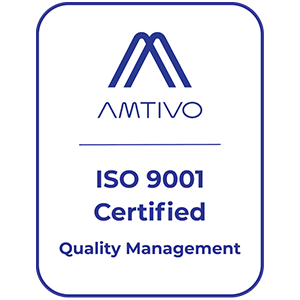
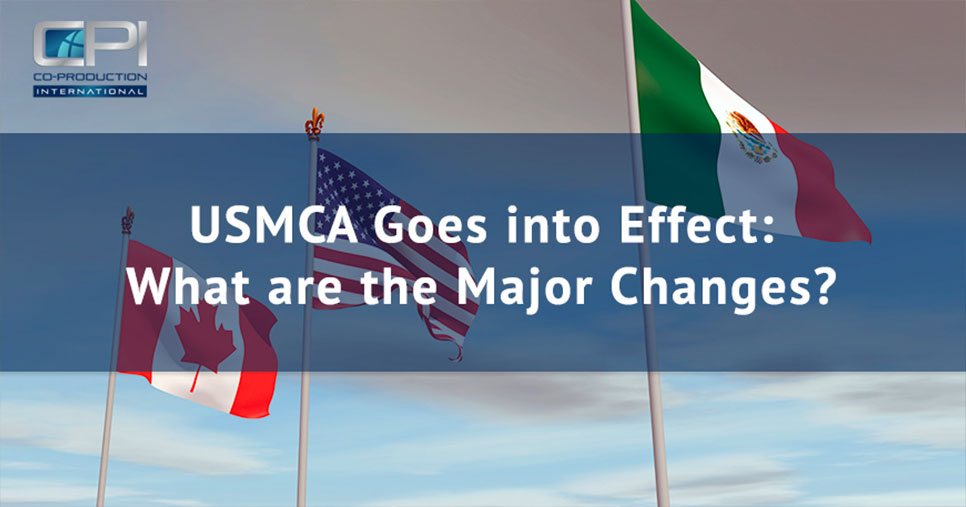

.png)
